C Program to Find Sum of N Numbers using Recursion
This C program calculates the sum of the first N natural numbers using recursion.
Problem Statement
The program should perform the following steps:
- Prompt the user to enter the value of N.
- Read the input value of N from the user.
- Define a recursive function called
findSumthat takes an integernas an argument and returns the sum of the firstnnumbers. - Inside the
findSumfunction, implement two cases:- Base case: If
nis equal to 0, return 0. - Recursive case: If
nis not 0, recursively callfindSumwith the argumentn - 1, and addnto the result of the recursive call.
- Base case: If
- In the
mainfunction, call thefindSumfunction withNas the argument and store the returned sum. - Display the sum of the first
Nnumbers to the user.
Ensure that your program handles valid inputs and produces the correct sum of the numbers.
C Program to Find Sum of N Numbers using Recursion
#include <stdio.h>
// Function to find the sum of N numbers using recursion
int findSum(int n)
{
// Base case: if n is 0, return 0
if (n == 0)
return 0;
// Recursive case: compute the sum of N-1 numbers and add N to it
return n + findSum(n - 1);
}
int main()
{
int n;
printf("Enter the value of N: ");
scanf("%d", &n);
int sum = findSum(n);
printf("Sum of the first %d numbers is %d\n", n, sum);
return 0;
}
How it Works
- The program starts by prompting the user to enter the value of N.
- The user enters a positive integer N, indicating the number of elements to sum.
- The program reads the input value of N from the user.
- The program then calls the
findSumfunction, passing the value of N as an argument. - Inside the
findSumfunction, two cases are implemented:- Base case: If the value of
nis equal to 0, the function returns 0. This serves as the termination condition for the recursion, as the sum of 0 numbers is 0. - Recursive case: If
nis not 0, the function recursively calls itself with the argumentn - 1. This means that the function will compute the sum of the firstn-1numbers.- In this recursive call, the function eventually reaches the base case when
nbecomes 0, and the recursion ends. - The function then adds
nto the result of the recursive call, effectively summing the firstnnumbers.
- In this recursive call, the function eventually reaches the base case when
- Base case: If the value of
- The
findSumfunction returns the sum to themainfunction. - The sum is stored in a variable called
sum. - Finally, the program displays the sum of the first
Nnumbers to the user.
By using recursion, the program repeatedly breaks down the problem of finding the sum of N numbers into smaller subproblems until it reaches a base case. Then, it combines the results of the subproblems to obtain the final sum
Input /Output
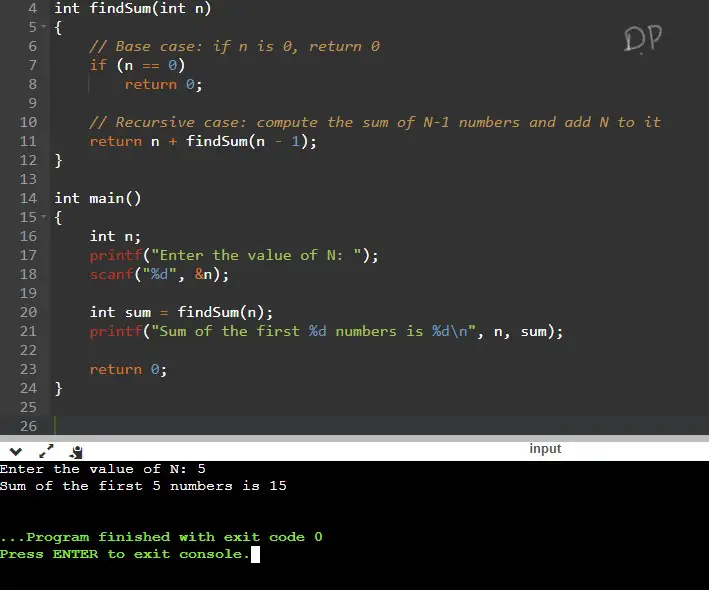

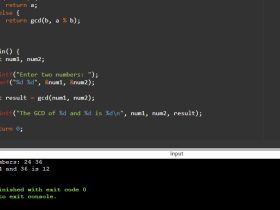
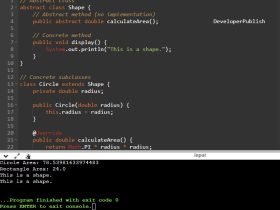
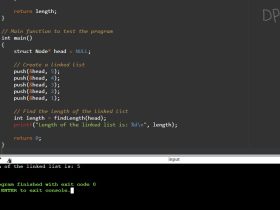
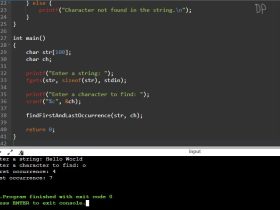
Leave a Review